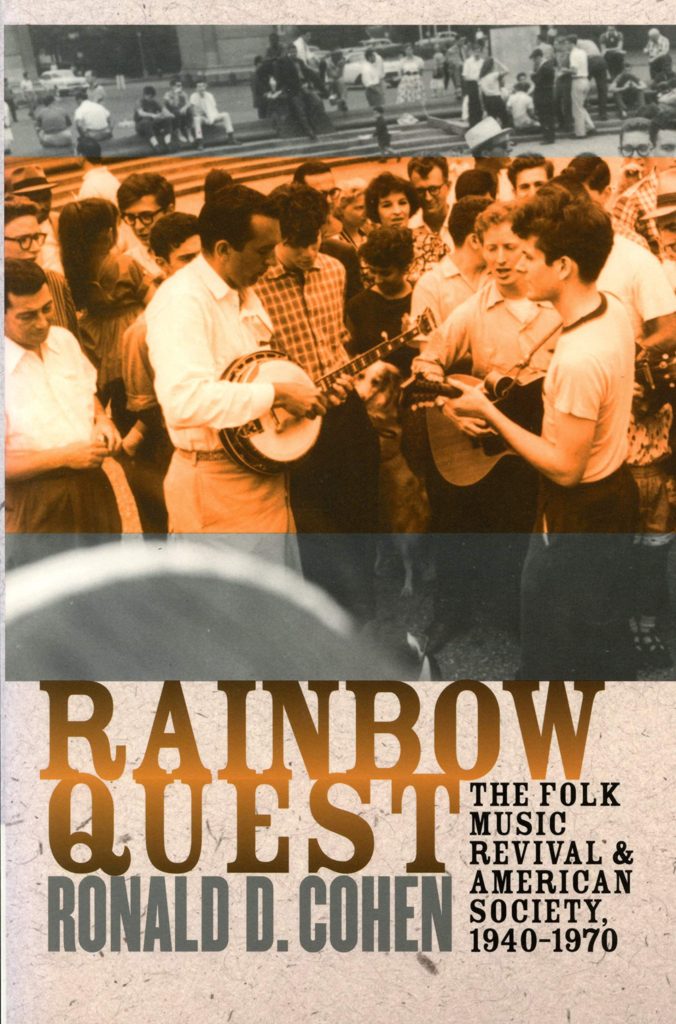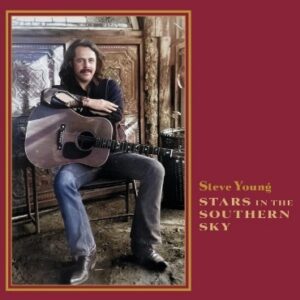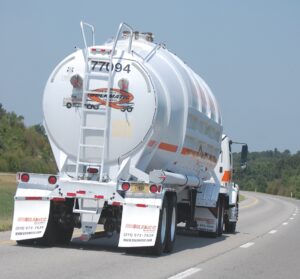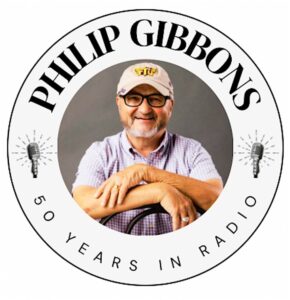Dr. Ronald D. Cohen, Retired
Indiana University Northwest
Gary Indiana
U.S.A.
My brother Alan, four years my senior (b. 1936), was a major influence on my early life, in many ways, in particular my interest in folk music, past and present. I was born in 1940 in Eagle Rock, an older neighborhood of Los Angeles, where we lived until moving to the San Fernando Valley. Our middle-class lifestyle was pretty common for the time, with my parents and their two sons dealing first with the challenges of World War 2 on the home-front, then the post-war years, in our case of continuing prosperity in an all-white community.
I first attended my neighborhood elementary school, Delevan Drive School, went to the movies on Saturday afternoon with my brother near my father’s furniture store in Highland Park, and visited with various members of our family on weekends. In 1949 we moved to Sherman Oaks, a more affluent community in the burgeoning San Fernando Valley, where we had a swimming pool, a house and two other buildings, and a coop for our 2 chickens and a duck.
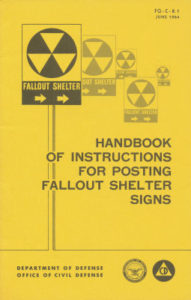
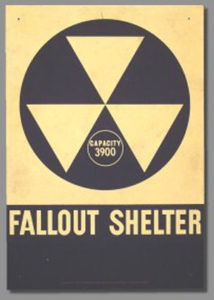 I attended Sherman Oaks school just down our street, hung out at the local movie theater, and ducked under my school desk when the teacher yelled DROP for our seemingly frequent bomb drills. This was the height of the cold war and we were prepared to survive, somehow, a nuclear holocaust. I recall Civil Defense signs on public buildings.
I attended Sherman Oaks school just down our street, hung out at the local movie theater, and ducked under my school desk when the teacher yelled DROP for our seemingly frequent bomb drills. This was the height of the cold war and we were prepared to survive, somehow, a nuclear holocaust. I recall Civil Defense signs on public buildings.
In 1952 I began 7th grade at Van Nuys Junior High, a short bus ride away although I sometimes would hitch hike home . Since this was a national election year I would walk down Van Nuys Blvd. stopping in both the Dwight Eisenhower and Adalai Stevenson campaign headquarters to collect their campaign buttons and other items. My parents were moderate Republicans, but we never discussed politics at home.
After one semester at Van Nuys J.H. my parents decided to sell our rather expansive property and purchase a smaller house in the nearby suburb of Studio City. So, I entered North Hollywood Junior High in mid-year, where I remained for the following two years until advancing to North Hollywood High School, from which I graduated in 1958
My brother introduced me to folk music. His interest in folk music was profound, apparently beginning when he worked at a local children’s camp and began borrowing Folkways Records and other albums from a co-worker. Thus began my introduction to The Weavers, Pete Seeger, Woody Guthrie, Lead Belly, and other folkies. I don’t believe any of my friends had any acquaintance with such music, being fans of Elvis, Buddy Holly, Little Richard, Fats Domino, the Everly Brothers, and the other teenage music stars of that time.
I too loved them, and regularly attended dance parties, but on the side Pete Seeger was taking over my life. One of the children in my brother’s summer camp was Lisa, the young daughter of Ronnie Gilbert, one of the Weavers! Alan was trying to copy the songs from the albums, and in one case he was listening to Pete Seeger sing Risselty-Rosselty, a children’s song, and had a difficult time writing down the complex words. But he kept trying.
In September 1958 I enrolled at the University of California-Berkeley and joined the fraternity Sigma Alpha Mu. During my first week after moving into the fraternity house someone had two tickets for a folk group which I had never heard of, the Kingston Trio, playing at the Berkeley Little Theater. This was early September 1958 and they were just getting started so the theater was small. I remember thinking that they were good, but nothing like my favorite, the Weavers.
During my four years at Cal I attended numerous folk music shows, including Flatt and Scruggs, Theo Bikel (who announced after intermission that Cicso Houston had just died), and in particular Odetta. I was an usher at a very large theater in San Francisco the night Odetta performed, and while the audience was small, she did her wonderful stage show for the them. Years later, when I knew her, I congratulated her on doing such a marvelous performance for so few.
I also remember seeing the Limeliters at the hungry i, a wonderful nightclub in San Francisco. I also listened to the Midnight Special folk show on KPFA-FM on Saturday nights with Barry Olivier as host. Olivier had already launched the Berkeley Folk Festival during the summers.
Once my brother graduated from Cal in 1957 he moved to Chicago to go to graduate school at Northwestern University in psychology. He also purchased an old 5-string banjo at a hock shop and began taking banjo lessons at the newly opened Old Town School of Folk Music. He also bought one for me which he sent to LA around 1960, which launched me as a very amateur banjo player, and I began taking lessons during the summers from a local teacher.
I soon sold my old banjo for a brand-new Pete Seeger long neck Vega model. Probably in the summer of 1961 I attended the Topanga Banjo and Fiddlers contest where the Weavers were performing. That night I was at a local club in LA and after I returned to the stage area there was someone performing who I thought was Erik Darling (whom I had seen in the Weavers that day). He was introduced under a different name and I asked someone working there if that was not Erik Darling and it was, but they could not use his real name for contract reasons. What a treat.
Managing Editor’s Note: Next installment begins with Cohen’s graduation from the University of California in 1962.

